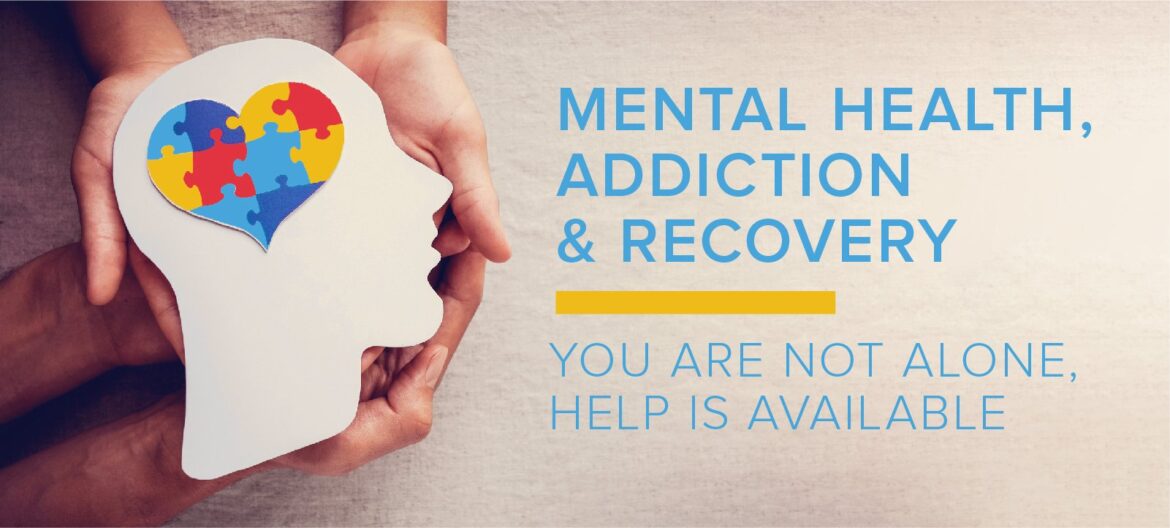
The link between addiction and mental clarity is undeniable. Addiction can cloud the mind, distorting thoughts, emotions, and behaviors. It often consumes a person’s ability to think clearly, make sound decisions, and maintain mental balance. However, what many overlook is how mental clarity can be both a victim of addiction and a vital part of its solution. Understanding the connection between addiction and mental clarity is essential for anyone seeking addiction treatment and long-term recovery. The more we explore this relationship between addiction and mental clarity, the clearer it becomes that addressing both aspects is crucial for comprehensive healing.
Understanding Addiction and Its Impact on Mental Clarity
Addiction is a complex brain disorder that affects a person’s ability to manage their impulses, thoughts, and behaviors. Substances such as alcohol, opioids, or stimulants create a cycle where the brain becomes dependent on the substance to function. Over time, this dependence erodes cognitive functions, leaving the individual unable to focus, reason, or perceive reality clearly. As addiction progresses, the damage extends beyond physical health to emotional well-being, as mental clarity gradually diminishes. Without mental clarity, navigating through daily life becomes a challenge, which only deepens the reliance on the addictive substance.
Seeking addiction treatment becomes vital at this point, as it not only addresses the physical aspects of addiction but also works toward restoring mental clarity, offering a new sense of focus and control that was once lost to substance abuse.
The Cognitive Fog of Addiction
When someone is trapped in the cycle of addiction, their ability to think logically and clearly becomes severely impaired. This is often referred to as cognitive fog—a state where decision-making, problem-solving, and even daily functioning are obscured by the overwhelming desire to use a substance. Cognitive fog can make individuals feel disconnected from reality and their surroundings, further alienating them from loved ones and their own sense of self.
This mental fog hinders a person’s capacity to seek an effective addiction treatment plan, as they may not fully comprehend the severity of their addiction. To break free from this haze, individuals need to regain mental clarity. Addressing addiction without considering its cognitive impacts can lead to relapse, as the underlying mental fog remains unchallenged.
Restoring Mental Clarity Through Addiction Treatment
An effective addiction treatment plan does more than help individuals quit their substance of choice; it also provides tools to restore mental clarity. Many addiction treatment programs offer cognitive behavioral therapy (CBT), mindfulness exercises, and counseling designed to help individuals regain control over their thoughts and behaviors. These therapies are vital in clearing the cognitive fog associated with addiction.
In addition, detoxification and medically assisted addiction treatment work to stabilize the brain’s chemistry, giving it a chance to recover from the effects of addiction. Restoring mental clarity allows individuals to make sound decisions, manage stress effectively, and develop healthy coping mechanisms. Without mental clarity, a person’s efforts in addiction treatment may be short-lived, as they remain vulnerable to the irrational thinking patterns that drive them toward substance use.
Also Read: https://fundlylive.co.uk/


